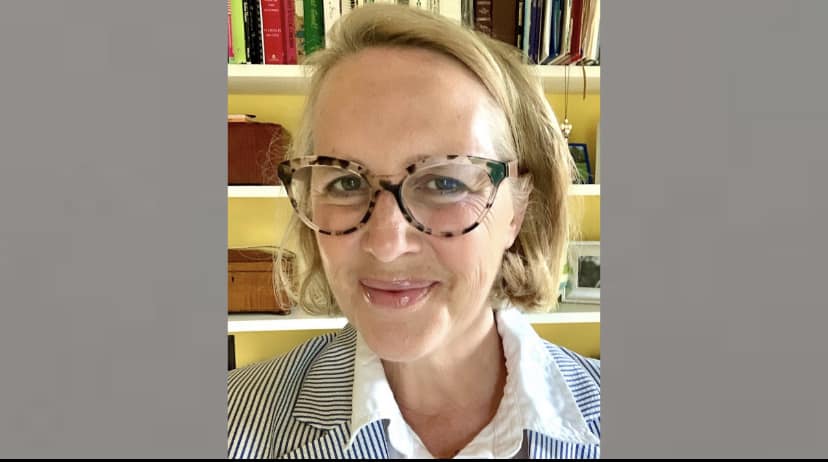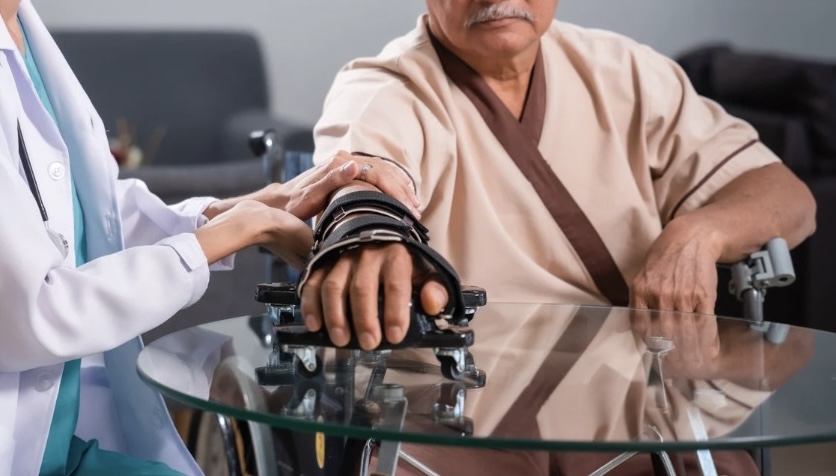Welcome to this week’s episode of NHLN Opinion+, where we raise awareness on popular topics for the Latinx community in New Hampshire.
Today, we spoke with Patricia Tilley, Director of the Division of Public Health Services for the New Hampshire Department of Health and Human Services. Her role is to promote and foster systemic approaches to health and wellbeing. We asked Patricia what issues the Latinx and underrepresented communities face in New Hampshire and what has been their response.
The pandemic has been the biggest challenge in making health services accessible to all citizens in New Hampshire. In response to that, the Women, Infants, and Children (WIC) program has provided support to women, infants, and children. It helps provide proper nutrition to infants such as breastfeeding, nutritious foods, and support systems to help them grow and develop healthy habits. WIC programs have been able to provide these services through telehealth and educational modules to inform families about good health. WIC programs have been able to meet the needs of families and move communities forward.
The Latinx community faces the challenges of communication. During the pandemic, it has been challenging to communicate to Latinx communities where English may not be the predominant language. That is why health professionals have been reaching out to these communities and making the effort to provide translation services to educate these communities and give them affordable healthcare. This method has been especially important with providing vaccines to communities that may not understand English. Making the effort to communicate with English and non-English speakers builds bridges between different populations and promotes community.
The State Health Improvement Plan (SHIP) has been providing health care for all New Hampshire citizens and determining what groups are in most urgency. Making healthcare affordable for all citizens is a challenge because of the different issues citizens face. Diabetes is major in New Hampshire and SHIP has been creating programs to educate citizens on how to treat diabetes, practice more exercise, and promote healthier diets while having all health services accessible to them.
Focussing on developing families is a must as that determines child development. Parenting, nutrition, and driving education have contributed to the reduction in malnutrition and accidents in the New Hampshire community. Vaping and combustible cigarettes have been a recent issue and educating the general public will contribute to healthier lifestyles and acknowledgment of low lifespans for smokers.
Resources mentioned in the video:
New Hampshire Department of Health and Human Services
Women, Infants and Children Program (WIC)
https://onlineforms.nh.gov/Home/caa81564-40fa-4528-8084-91e3725ab8bf




